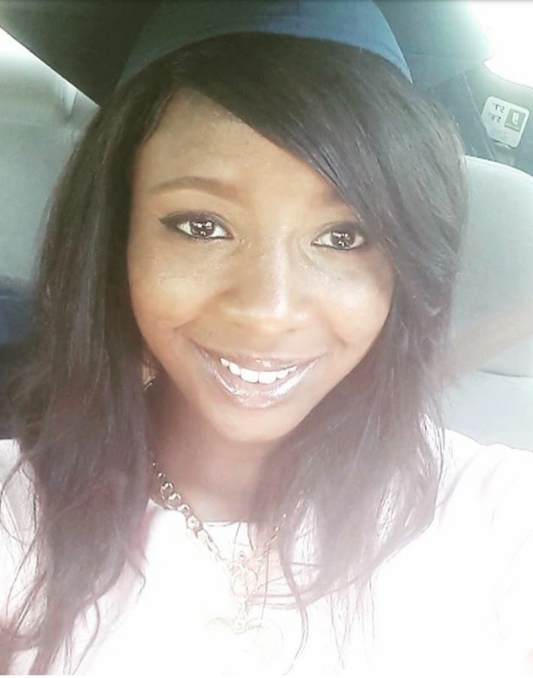by Shanita Dildy-Goings •
Every generation has their challenges, their life altering events and lessons learned. Every lifetime comes fraught with trials and tribulations that seem insurmountable at first, unforgiving at best, and at times without end. Somehow though, time after time we manage to pull through and come out stronger, wiser, and more prepared for the next game changer.
At least that is what I’ve experienced, witnessed, and heard from young adults just like me about their experiences with the pandemic and the new reality the virus left us in its devastating wake. Being of the substitute care community, we know all about rising to the challenge, adapting, and persevering. Yet this doesn’t mean we don’t struggle, occasionally stumble, or meet our own dead ends.
Being of the substitute care community, we know all about rising to the challenge, adapting, and persevering. Yet this doesn’t mean we don’t struggle.
Even though my challenges differed slightly in comparison to those I’ve spoken to, we still shared some of the same struggles living through COVID-19. Firstly, I and everyone I spoke with is in the age 20-28 range and was previously in the substitute care system. Another similarity is that we all had some experience of the structural decay, limited accessibility, and depletion of vital household resources caused by the pandemic.
Personally, my studies were severely affected by the initial atmosphere the crisis began with—reminiscent of some science fiction horror flick—disrupting education systems everywhere. I still pressed on trying to get through the semester ignoring my anxiety, the news reports, and my fear.
Anger replaced all of this when schools started to slowly evacuate their campuses and cancel classes to be replaced with virtual classrooms. One young lady I talked to felt she had no time to recover from the sudden changes as well as the various social movements that began making their voices heard at the same time. In response to stress “I just lost it!” she says.
“I paid for classes that I did not get to take,” lamented one male student, no doubt expressing the exact sentiments of many displaced students. I was living in the dorm of my university and had basically transferred half my life to a new city. I became homeless, I didn’t work, and funds sent from relief aid and school refunds did not last.
I struggled and still struggle, but at least I have only myself to worry about. A single mother and sole breadwinner of her household told me, “I became a teacher and quarantine specialist on top of having to still find ways to provide and be a parent.” These conditions put a strain not only on family life but on the children who have also been displaced from their normal reality.
There are people so negatively affected from being away from their families, jobs, and being able to go out that a rise in depression along with other mental illnesses is something that is becoming more apparent.
What have I and those I spoke to learned from COVID? The pandemic led some of us to discover new passions. Others have been reminded of old flaws.
I have learned not to stress so much. I have hope that as fall approaches change will come with it. Good or bad, we will persevere.
Shanita Dildy-Goings is an almuna of foster care, a member of SaySo, and a college student in North Carolina.


